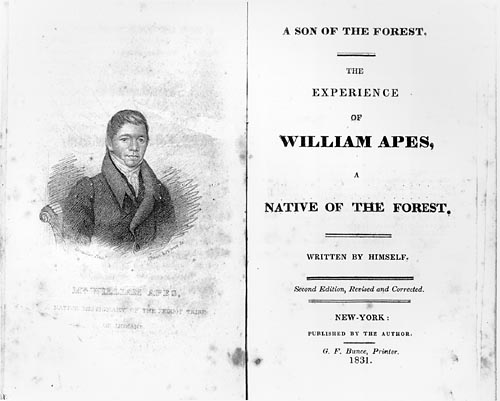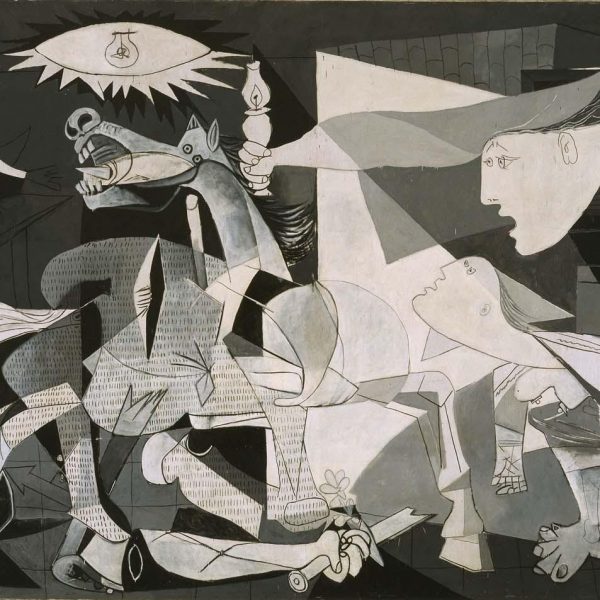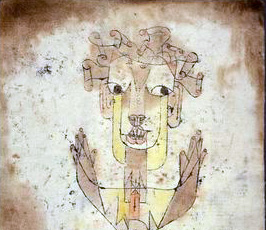
William Apess, like Walter Benjamin a century later, sought to shift the paradigms of society with history and theology as orienting poles for colonial critique. Anticipating Benjamin, Apess looked to those who had been wrecked by the advance of colonialism as the grounding site for historical and political theological inquiry.

Against that paradigm of crisis–critique–historical consciousness, in which phenomena need to be given a proper categorical frame of reference to achieve the fullness of their historical meaning, this essay turns to the theological figure of “tribulation” in order to animate another tradition of thinking the difficulty of the present.

Could prophetic politics, with its unique emphases, allow us to envision another, possibly less dogmatic and more differentiated form of political theology? Could focusing on the schism between prophetic voice and political institutions reveal a different understanding of political theological concepts, beyond the realm of power and sovereignty?


